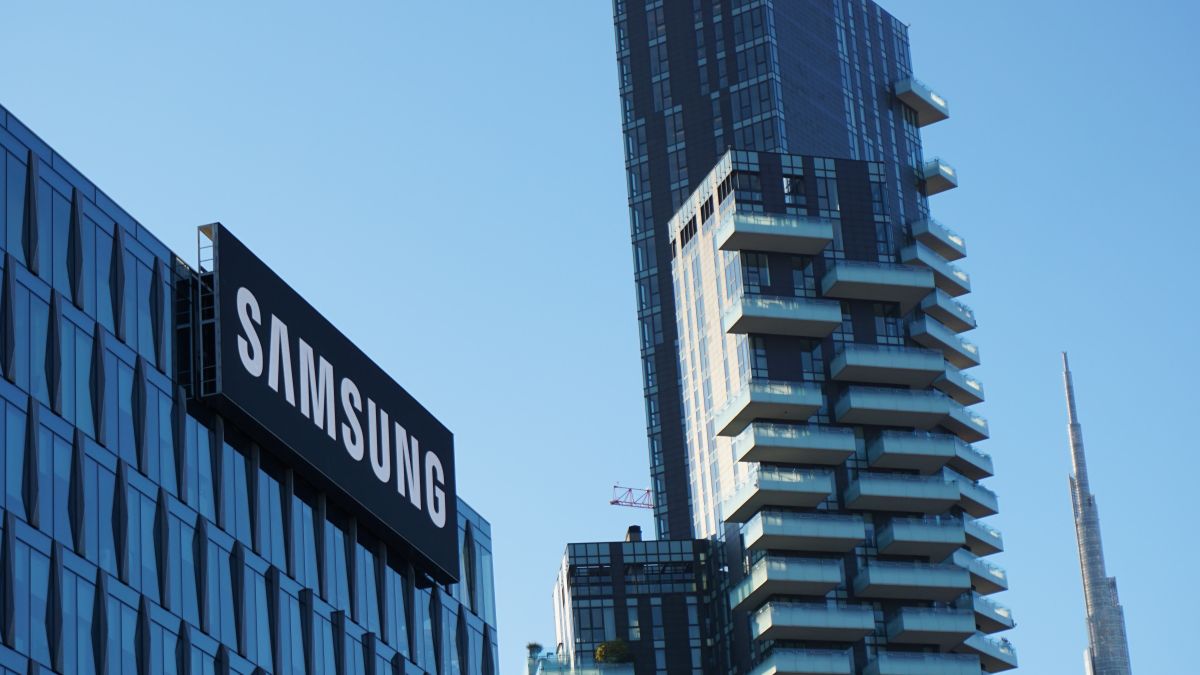JAKARTA - Samsung has just announced that it will achieve net zero emissions by 2050 for its business sector.
Later the initiative will be carried out first by the Device Experience Division (DX). the consumer electronics division that produces smartphones, TVs, and other gadgets in 2030.
The company said it aims to achieve net zero carbon emissions in all its global operations including the Device Solutions (DS) Division, the company's semiconductor division that manufactures computer chips by 2050.
By achieving net zero carbon emissions from direct and indirect sources, Samsung said it would reduce emissions equivalent to carbon dioxide by 17 million tons, which is the total emission in 2021.
To help achieve the net goal of zero emissions, Samsung has also joined the RE100 initiative, which is dedicated to pursuing 100 percent renewable energy.
Samsung is committed to moving its manufacturing outside Korea and matching electric power with renewable energy source methods in its international operations within five years.
Samsung's next goal is to maximize product power efficiency and recycling capabilities during its life cycle. The company has committed to developing very low-power memory chips, which will later be implemented in data centers and mobile devices by 2025.
In fact, Samsung also aims to create low-power technologies for smartphones, refrigerators, washing machines, air conditioning, TVs, monitors, and PCs to reduce their power consumption by at least 30 percent by 2030, compared to the product's power level in 2019.
The company will also implement new technology for the DS Division to eliminate air and water pollutants when producing semiconductors, with the aim of not having an environmental impact from 2040.
Launching ZDNet, Friday, September 16, the South Korean tech giant revealed that it would allocate 7 trillion won equivalent to Rp75.1 trillion for its environmental initiative, not including the cost of expanding the use of renewable energy, by 2030.
In fact, Samsung has started recycling efforts using the current seafood used on the device, including the Galaxy Z Fold 4.
Finally, the company will have plans to continue its sustainable resource goals with the creation of the Circular Economy Lab, where it will research material recycling technology and the resource extraction process.
The English, Chinese, Japanese, Arabic, and French versions are automatically generated by the AI. So there may still be inaccuracies in translating, please always see Indonesian as our main language. (system supported by DigitalSiber.id)










